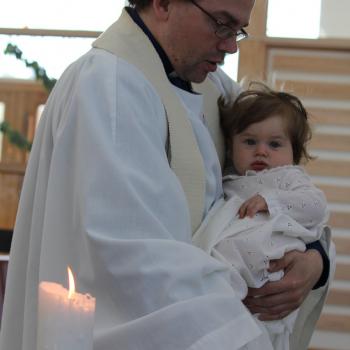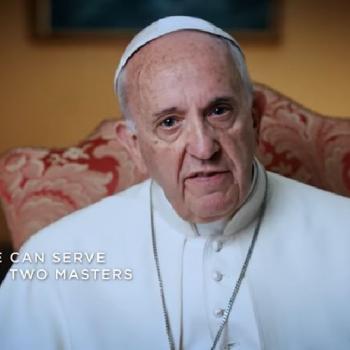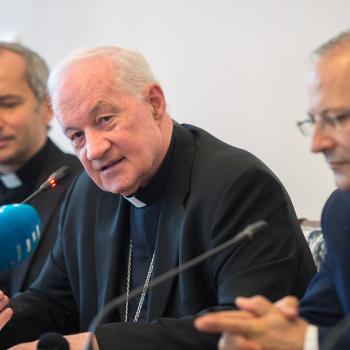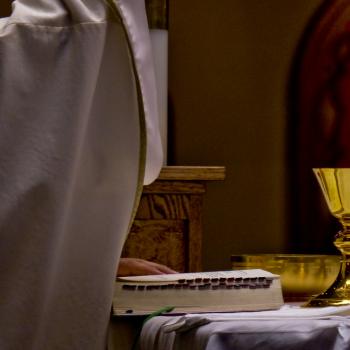Good news on the interfaith front from Florence, where the Church has agreed to sell a parcel of land in the commune of Sesto Fiorentino so that local Muslims no longer have to pray in garages and basements but instead will have a proper mosque: a “dignified place to practise their religion”, in the words of the archbishop of the city, Cardinal Giuseppe Bertori.
The new deal brings an end to years of stalemate between local authorities and the Muslim community over the best place to build a new mosque in the Tuscan capital. It has also been hailed as a turning point for Islam in Italy, after the Italian government and the Association of Muslim Communities in Italy reached an agreement last year whereby authorized representatives of the Association will take charge of Friday sermons and Koran readings in Italian mosques, in an effort to better integrate and curb extremism among the country’s 1.7 million Muslims.
The details of the sale are particularly interesting, and serve as a thought-provoking reminder that interfaith “dialog” is often best conceived, and realized, as a multi-part “conversation”. For as local media have reported, the deal is actually four-sided. The local Church will sell the land to the Muslims but will in turn buy land currently owned by the University of Florence, and all that mediated by the local government of Sesto Fiorentino, which will ensure that all necessary zoning permits are in order.
In a press release issued last week, all four sides to the agreement celebrated the future construction of the new mosque as a shoring-up of the “right of every community to freely profess their religious faith as enshrined in the Constitution”.
The Archdiocese of Florence, for its part, pledged its “commitment to respecting and listening to other faiths and religious traditions, in the line of the teachings of the Second Vatican Council”, and to “reaffirming the centrality of religious freedom as the root of every other freedom”, while the University of Florence expressed its hope that the new arrangement will favor the causes of “encounter, dialog and knowledge between… traditions from different cultural contexts”. The local Muslim community, too, vowed with the new mosque “to construct a work that, for its architectonic value and harmonious inclusion in the landscape, will be a key element in the urban environment”.
Together with the municipal authorities of Sesto Fiorentino, the local Muslim community also pledged to undertake a thorough process of “discussion, dialog and information-exchange” with all stake-holders in the municipality, with the aim of promoting the “real and full integration” into the Florentine way of life “of those who come from other countries and cultures”.












